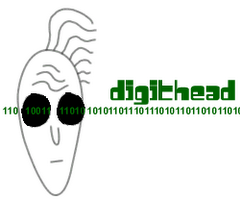Biological networks are often compared to random networks in terms of properties like degree distribution, clustering, robustness and over-representation of network motifs. In a talk this morning, Areejit Samal, a Postdoctoral Fellow in the Price lab at ISB, proposed a new null model based on Markov Chain Monte Carlo (MCMC) sampling to generate realistic benchmark ensembles for metabolic networks and gene regulatory networks. Based on this improved background model, the conclusion is that “phenotypic constraints drive the architecture of biological networks”, which is also the title of the talk.
Applied to the metabolic model of E. coli, the sampling technique involves two steps. In the swap step, a reaction is removed from the network and a new reaction is drawn randomly from the KEGG database to replace it. The proposed new network is then tested by flux-balance analysis. If the new network is viable, it is accepted. If not, it is rejected. So, only networks that are biochemically plausible are sampled.
The technique has implications for systems and synthetic biology as well as evolutionary theory. By approximating the space of all possible networks that might lead to a viable functioning organism, we can better understand what properties these networks have, and maybe better design new networks. By changing the acceptance criteria to enforce viability in a second environment, the algorithm nicely models the evolutionary emergence of modularity.
Samal also showed the same general algorithm applied to the gene regulatory network controlling flowering in Arabidopsis.
I especially appreciated seeing a really cool application of Markov Chain Monte Carlo sampling, a topic covered only a couple weeks back in the Probabilistic Graphical Models class.
Links
- Randomizing Genome-Scale Metabolic Networks, Areejit Samal, Olivier C. Martin (2011)
- Environmental versatility promotes modularity in genome-scale metabolic networks (2011)
- Genotype networks in metabolic reaction spaces (2010)
- Neutralism and selectionism: a network-based reconciliation, A. Wagner (2008)
- The road to modularity, G. Wagner (2007)









 R Bloggers
R Bloggers
No comments:
Post a Comment